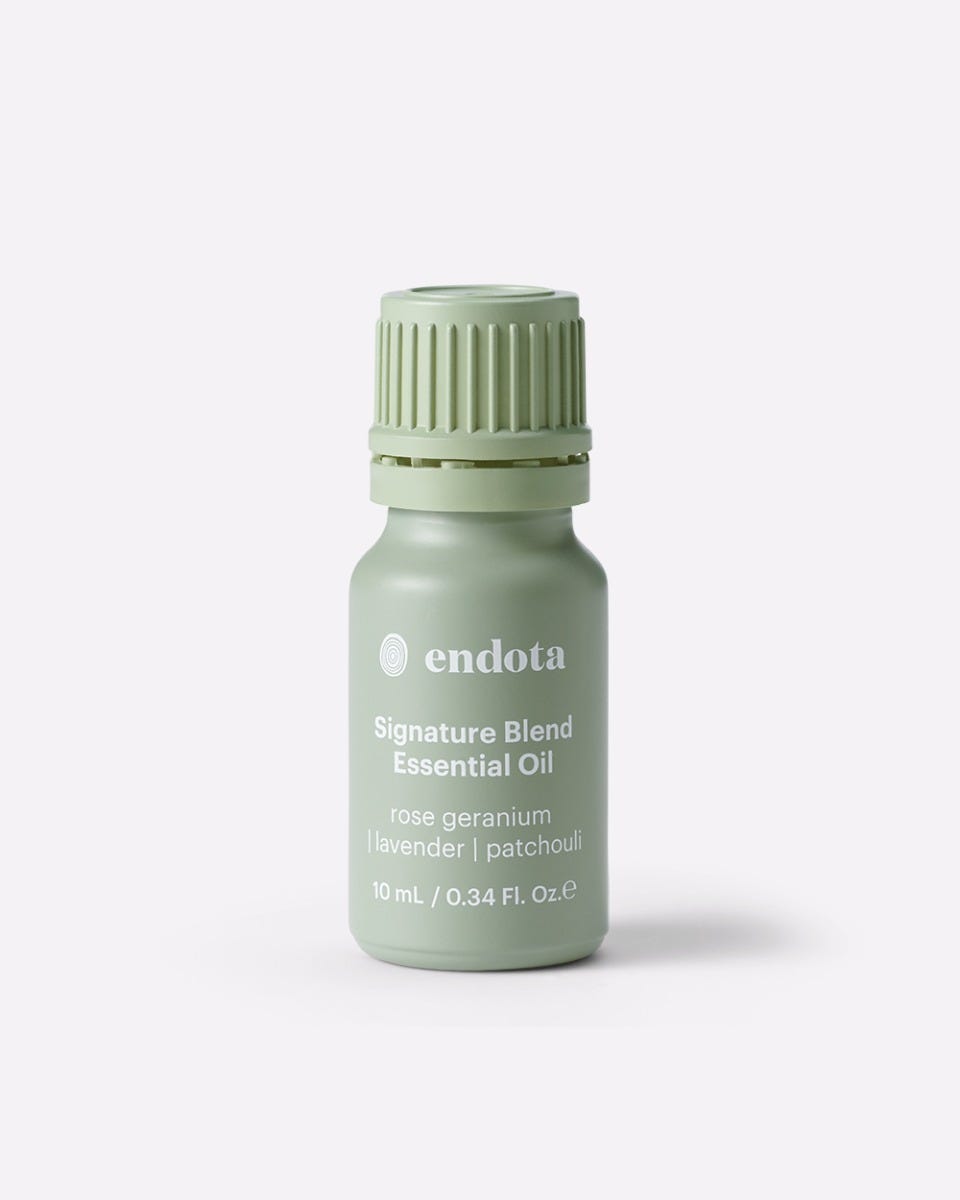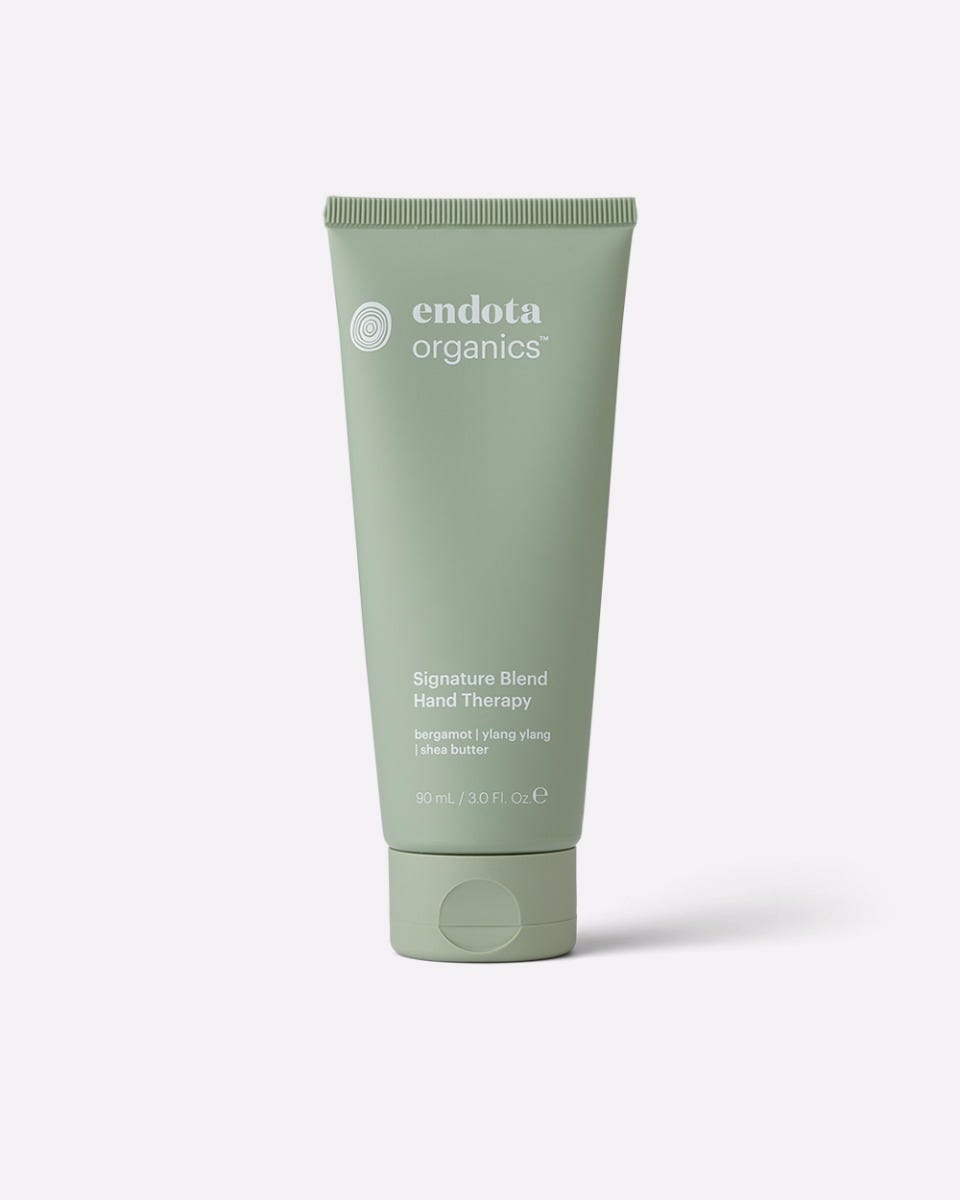As you continue moving forward on your journey towards a greater sense of wellbeing, it becomes clearer that all aspects of your wellness are interrelated, and in order to truly experience wellbeing you must embrace every aspect of your health and wellness - including your sexual wellbeing.
A deeply personal part of who you are, your sexual wellbeing involves joyful and fulfilling sexual experiences. By actively nurturing your sexual health you enrich your physical, emotional and social wellbeing, and welcome a life of pleasure, meaningful connection, and heightened self awareness.

more than just sex
In many ways nurturing your sexual wellbeing is a form of self-expression. What makes you aroused, your desires and what brings you pleasure is unique to you, and when you can convey this confidently, you become attuned to your authentic self. This creates a positive rippling effect on other aspects of your wellbeing, paving the way for deeper connections to yourself and others.
Leaning into your intuition, your self-confidence blossoms as you learn to trust yourself more deeply, helping you shift into a radiant energy. Existing on this frequency attracts those of a similar vibration, drawing in genuine, trusting and nurturing relationships.
Extending far beyond the boundaries of sexual intercourse, sexual wellbeing encompasses intimacy, honest communication and emotional connection, with yourself and others. It is about understanding what passions ignite your mind, body and soul, and the ability to express them freely. This helps to break down the barriers that are limiting your pleasure, and opens you up to a more fulfilling life.

the ups and downs of sexual wellbeing
While sexual stimulation has many enriching benefits, your inclination for it will experience peaks and valleys. Changes in your emotions, desires and response to physical touch is normal (and expected), and occurs with changes in your libideo. Also known as your sex drive, this refers to your innate desire for sexual pleasure.
Your physical, emotional and social wellbeing play an integral role in your sensual vitality. Factors such as stress, hormonal fluctuations, and the health of your relationships can heighten or dampen your sex drive - the key is recognising these influences, and learning how to nurture your libido when they arise.
understanding the role of hormones
Hormones play a big role in your libido and sexual health, particularly testosterone and estrogen. Healthy testosterone levels have a direct relationship to your libido, typically increasing your desire for sexual pleasure. This is because healthy testosterone levels help you to feel physically energised and emotionally positive, fueling your sex drive. This is especially true for men, who naturally produce more of this hormone.
While men experience higher levels of testosterone, estrogen is more prominent in women. Influencing vaginal health, arousal, orgasms and emotions, estrogen plays a key role in females sexual wellbeing.
Healthy estrogen levels promote lubrication, elasticity and sensitivity of the vagina, allowing for comfortable and pleasurable sexual experiences, shared or alone. When estrogen levels drop, the opposite can hold true. Vaginal dryness and discomfort may occur, reducing your libido and interest in sexual pleasure. You can use products such as the Intimate Moisturising Gel or Intimate Wash to help combat this, as they offer a gentle solution for maintaining vaginal moisture, balancing pH levels and enhancing comfort.
ways to nurture your sexual wellbeing
By embracing your sexual desires, exploring new avenues of pleasure, and learning how to nurture your libido, you can achieve a more profound sense of sexual wellbeing, enriching your overall wellness.










